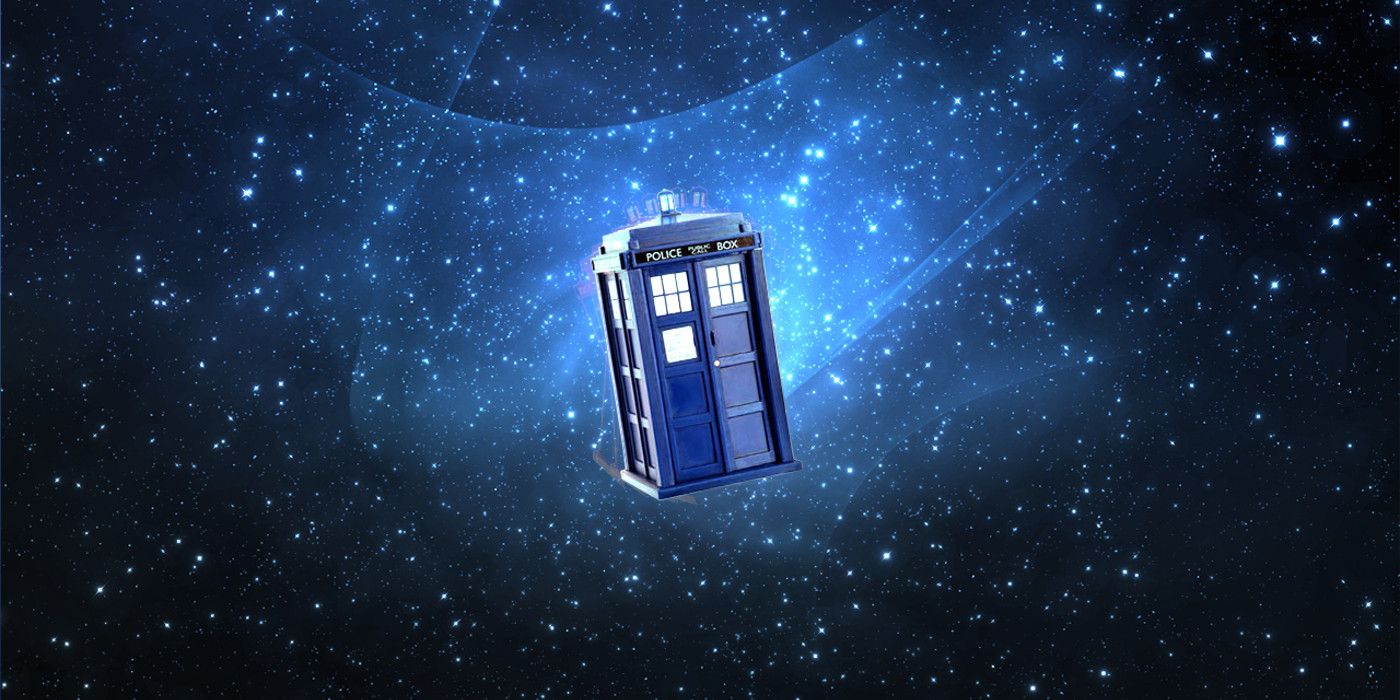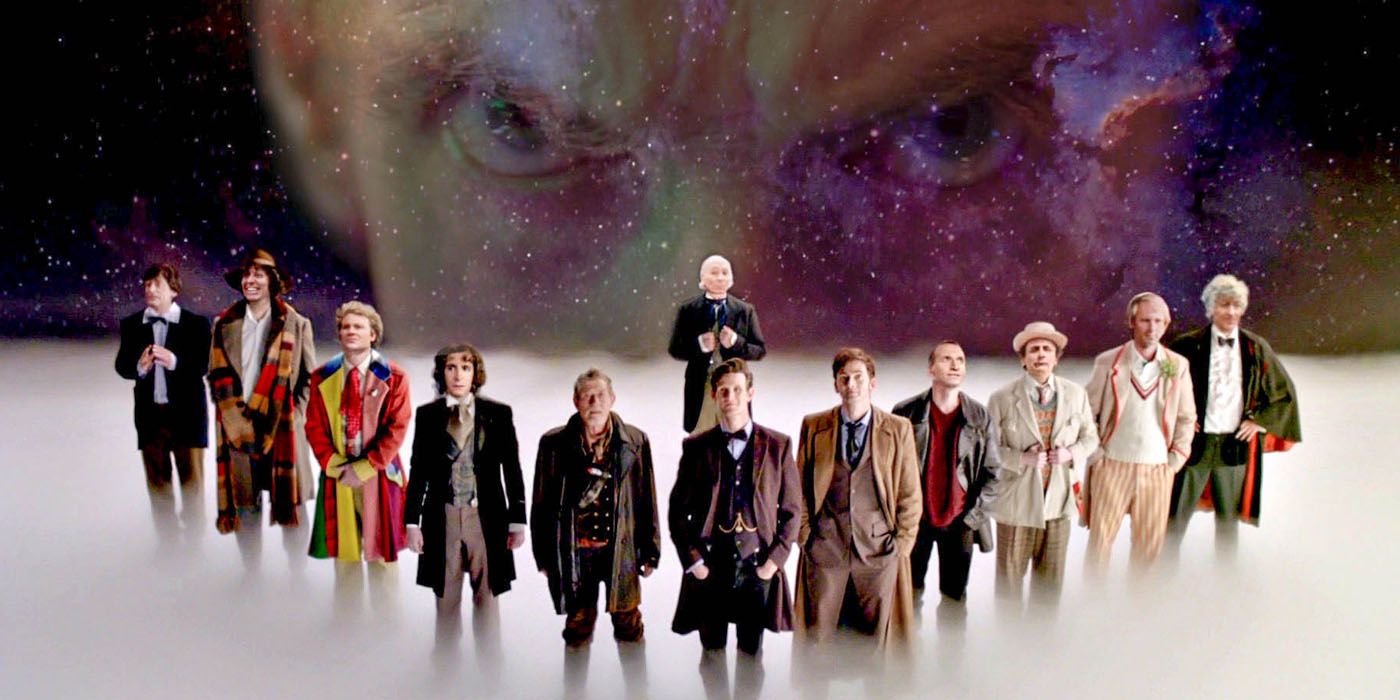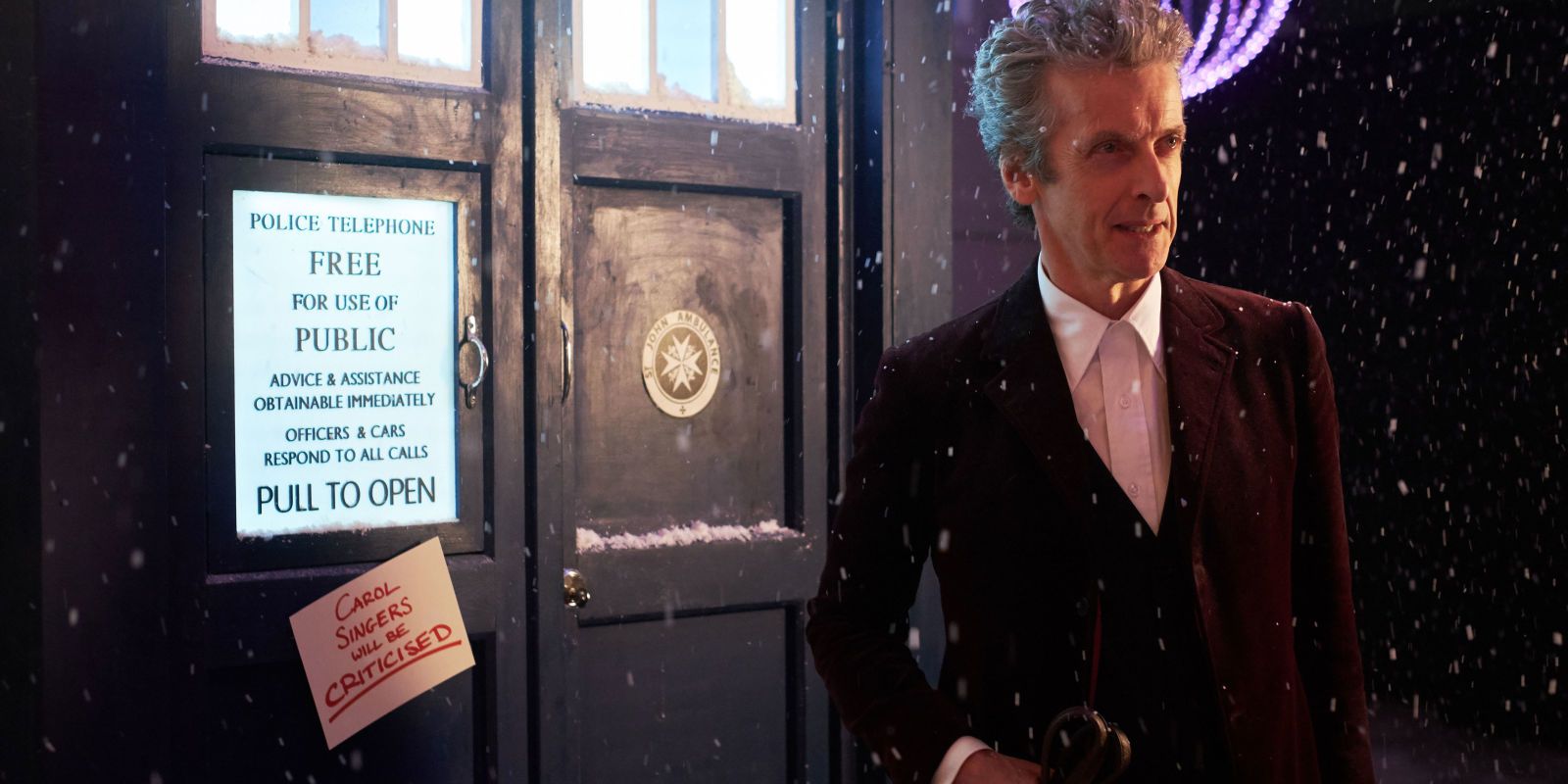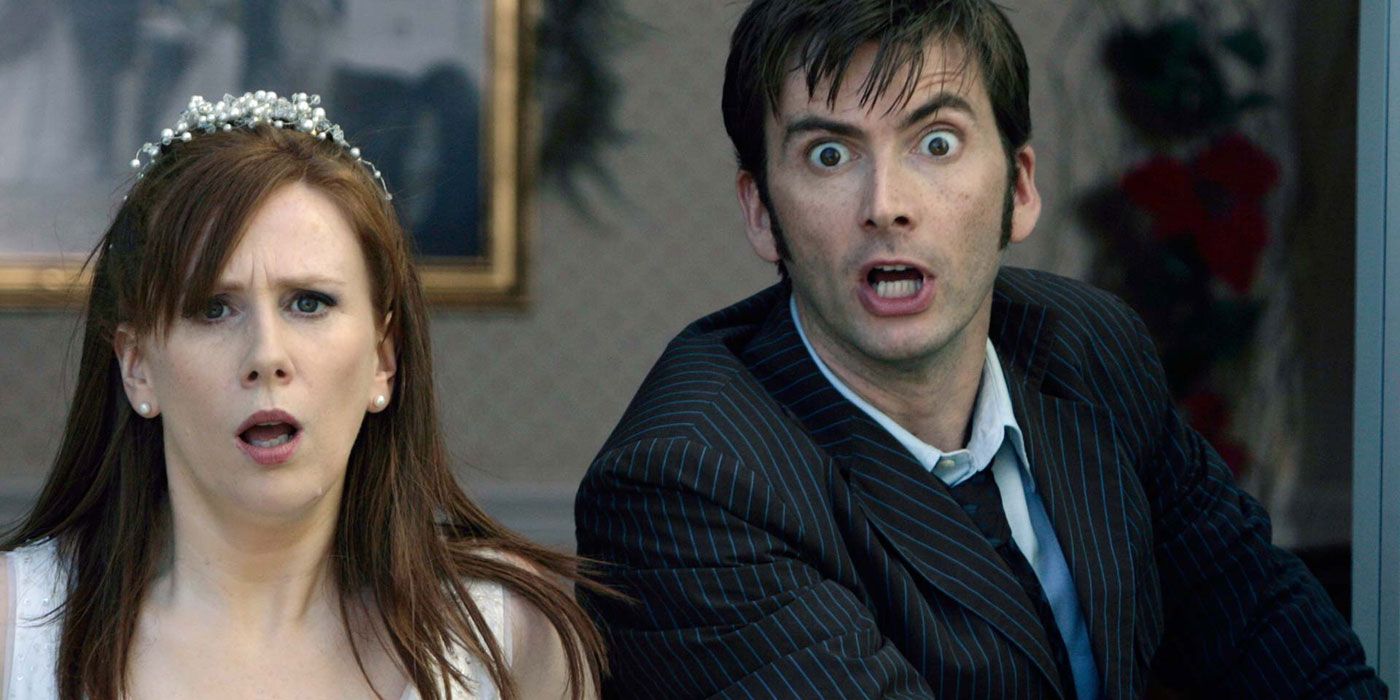It doesn’t take an imminent regeneration to discuss ideal castings in Doctor Who, as people speculate nearly continuously over who would make a good Doctor. However, when one actor announces that they’re leaving, as Peter Capaldi has done, that talk turns up several notches and the internet becomes awash with casting suggestions, comments, and all-out wars over who might be able to take charge of the TARDIS.
As always, the subject of the Doctor’s gender has come up, and the age-old argument over whether or not the character could be a female is an extremely divisive one. On one hand, a Time Lord gender change has been seen before, when The Master returned in the form of Missy (Michelle Gomez), and current showrunner Steven Moffat has said that theoretically, it could be possible. After all, the Doctor regenerates into a different physical form; different height, weight, hair, teeth, eye color….so why not a different gender, too?
On the other hand, the Doctor is arguably an inherently male character. If it’s been the same for the twelve actors that have played the Doctor so far (thirteen, if you count the late John Hurt), then why does it suddenly need to change?
In an age when there’s a growing voice for gender equality across the globe, it’s logical that it would be a good idea to have that reflected in our TV shows. Women and girls (and probably a lot of men) have grown bored of the typical female character - the one who is ‘protected’ by the big, strong male characters, who cries, panics, and screams at the first sign of danger. We want real traits reflected in relatable women: strong, independent women who are confident in themselves and who are equally as capable as the men around them. With gender equality now more talked about than ever, it follows that this time around, the voice for there to be a female Doctor is also gaining strength.
In fact, this time, several Doctor Who alumni have publicly backed the idea of a female Doctor. Capaldi has said that he thinks it would be a great thing, and named Frances de la Tour as a suitable replacement. Paul McGann thinks Tilda Swinton has what it takes, while David Tennant is firmly backing his Broadchurch co-star Olivia Colman as the next Doctor - helped in part, no doubt, by the fact that incoming Doctor Who showrunner Chris Chibnall is the current Broadchurch showrunner as well. Mark Gatiss, who writes for the show, hasn’t named names, but he has also gone on record to say that he thinks a female Doctor would give the show a huge boost and bring a new audience to Doctor Who.
There’s no denying that with Capaldi in the lead role, Doctor Who has suffered a sharp decline in ratings. The problem isn’t necessarily with him, though; bad writing has definitely played a significant part, and the popularity of Matt Smith also made a difference, since Capaldi’s Doctor was so different to Eleven (and Ten), that it just didn’t work for some people. A change is needed, and a female lead could be just the thing. Certainly a female Doctor would bring a new dynamic to the show; would she have a female companion or, in a full role reversal, would she have a male sidekick? What type of relationship would that be, and how would a male companion handle being essentially a glorified assistant to a women (albeit an alien woman)?
Theoretically, a change in the gender of the Doctor could bring a whole new perspective to the show, as we would see the Doctor’s travels through time and space, and her encounters with various villains, through a fresh pair of eyes. One could argue, however, that we should get that anyway, no matter who takes over the TARDIS.
It’s a tricky call for Chibnall to make, especially in view of the show’s ratings decline, which must surely be a source of pressure for Chibnall as he joins the show. New viewers need to have something to draw them in, and ex-viewers need something to entice them back. At the same time, added to all of this, the faithful fans need a show that they too can connect with and enjoy, so is casting a female Doctor the way to achieve all of this?
There’s no doubt that if Chibnall did go down this route, then it would give a massive initial boost to ratings; everyone would want to see how the actress in question would fare, and how Chibnall’s first few shows would go. That's all well and good, but in order to carry out such a huge, fundamental change to the show, the writing would have to be spectacular, or those initial viewing figures would drop sharply.
Doctor Who first appeared on screens in 1963, and in that time the part has always been played by a man. It is an inherently male character, just like James Bond (another can of worms) and, let’s be honest here, people like familiarity. As much as we can visibly see how far gender equality has come in the last forty-plus years, there is still an expectation of gender stereotypes for our movies and TV shows. The Doctor is an action hero of sorts, which may be why the younger Doctors like Tennant and Smith have fared so well. We also like the dashing male lead wooing the attractive female co-star, as evidenced by the fact that so many people were hooked on the Ten/Rose romance. In that regard, a strong female character running around all of time and space, with a less capable male by her side, could well be a step too far out of most people’s comfort zones.
In the U.K., approximately 300,000 more men than women watch Doctor Who, and that is a figure that has to be taken into consideration with the calls for a female Doctor. It is a show that people have grown up with. Those who hid behind the couch as children, scared by the Daleks, are now introducing their own children or grandchildren to it, and for a lot of those original viewers the Doctor is, and always will be, a man. Undoubtedly, if Chibnall were to change the gender, there would be some viewers who would desert the show regardless of how charming the new Doctor is. Many men (and probably a lot of women) just want the action figure of their childhood back on the screen, in essence at least, and if we’re just looking at that (admittedly strong) aspect of the audience, then the new Doctor must be male.
In all likeliness, it seems as though Chibnall would not go down the female Doctor route for his first outing as showrunner. If it didn’t work, for whatever reason, then the backlash would be huge, and very, very bitter. Chibnall and his team would have to execute each and every episode to complete perfection to even go halfway to appeasing an audience, most of whom would be willing for him (and the Doctor) to fail.
What does seem much more likely, is that Chibnall will be the first showrunner to cast a non-white lead. Moffat has made a step in the right direction with the casting of Pearl Mackie as the new companion, but there’s still an awfully long way to go for Doctor Who in terms of ethnic diversity. With so many talented names out there as potential non-white, male Doctors (Richard Ayoade, David Harewood to name but two), Chibnall might decide that now is the time for more minority representation on screen, and the time for more female representation can come at a later date.
Doctor Who season 10 will return to BBC1 and BBC America from April 15th.





